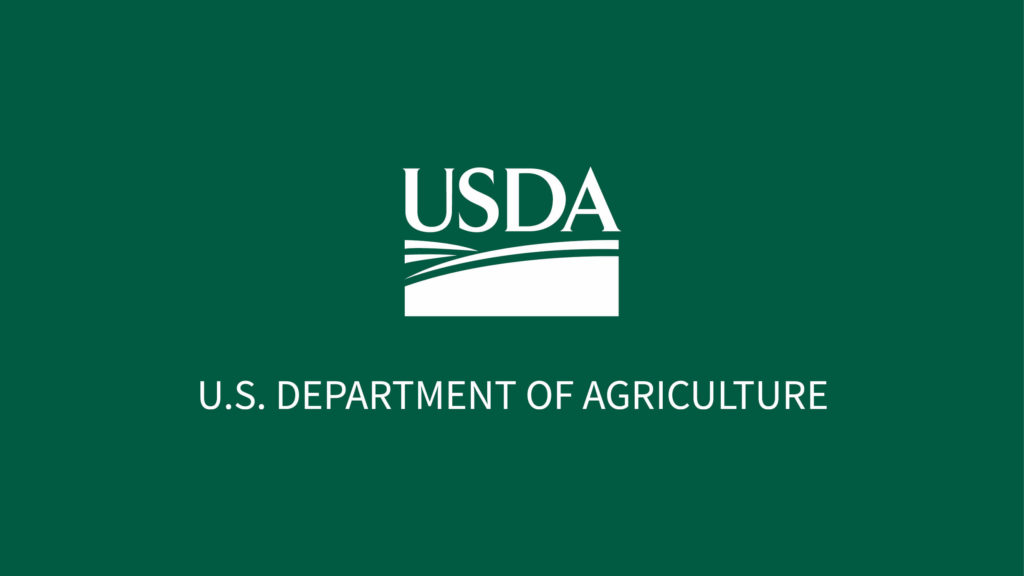WASHINGTON, April 4, 2023 — The United States Department of Agriculture (USDA) is declaring April 2023 Invasive Plant Pest and Disease Awareness Month (IPPDAM). This national outreach month is dedicated to highlighting the impact of invasive pests and diseases on plants nationwide and informing Americans how they can help reduce their spread.

“Each year, invasive insects and plant diseases cause an estimated $40 billion in damages to plants that sustain us,” said Agriculture Secretary Tom Vilsack. “Invasive species threaten our food security, agricultural livelihoods, and way of life. Luckily, there’s a lot we can do to protect our resources. This spring, familiarize yourself with the invasive pest quarantines in your area and do your part to avoid inadvertently moving invasive insects and plant diseases to new areas.”
Nonnative plant pests can hitchhike in untreated firewood, attach themselves to cars, boats, and other outdoor surfaces—or take a ride in the mail. They can travel to new areas on agricultural material such as soil, seeds, homegrown produce and plants.
Invasive pests have few or no natural predators in their new environments, so their populations quickly outpace native species and spread. These nonnative plant pests and diseases disrupt ecosystems and reduce biological diversity.
To protect domestic plant health:
- Learn about possible quarantines in your area, as well as the signs of invasive pest infestation on wild plants and agriculture.
- Invasive plant pest egg masses on outdoor surfaces are easily mistaken for a smear of mud, so it’s important to clean your car and outdoor gear before traveling with them to new places.
- If you find signs of new invasive plant pests and diseases in your area, report them to your local Extension office, state department of agriculture or your USDA State Plant Health Director’s office.
- Don’t move untreated firewood—even if it looks pest-free on the outside. To avoid unintentionally spreading tree-killing beetles that hide in firewood, buy or source wood locally, or use certified, heat-treated firewood.
- Source your plants and seeds responsibly. When ordering online, ensure the plant is coming from a domestic source or follow import regulations. If you don’t know where an agricultural product is coming from, don’t buy it online. U.S. regulations apply to the importer of record—meaning the person purchasing and importing the product from overseas—not the online merchant. Learn how to safely and legally order plants and seeds online.
- Don’t mail homegrown plants, fruits and vegetables to avoid inadvertently mailing a plant pest with them.
- When in doubt, contact your local USDA State Plant Health Director’s office to find out what you need to do before buying seeds or plants online from an international vendor or before mailing homegrown agricultural goods.
- To comply with U.S. laws and avoid introducing new invasive species into the U.S., declare all agricultural items, including seeds, soil, and handicrafts to U.S. Customs and Border Protection for inspection when returning from overseas travel.









